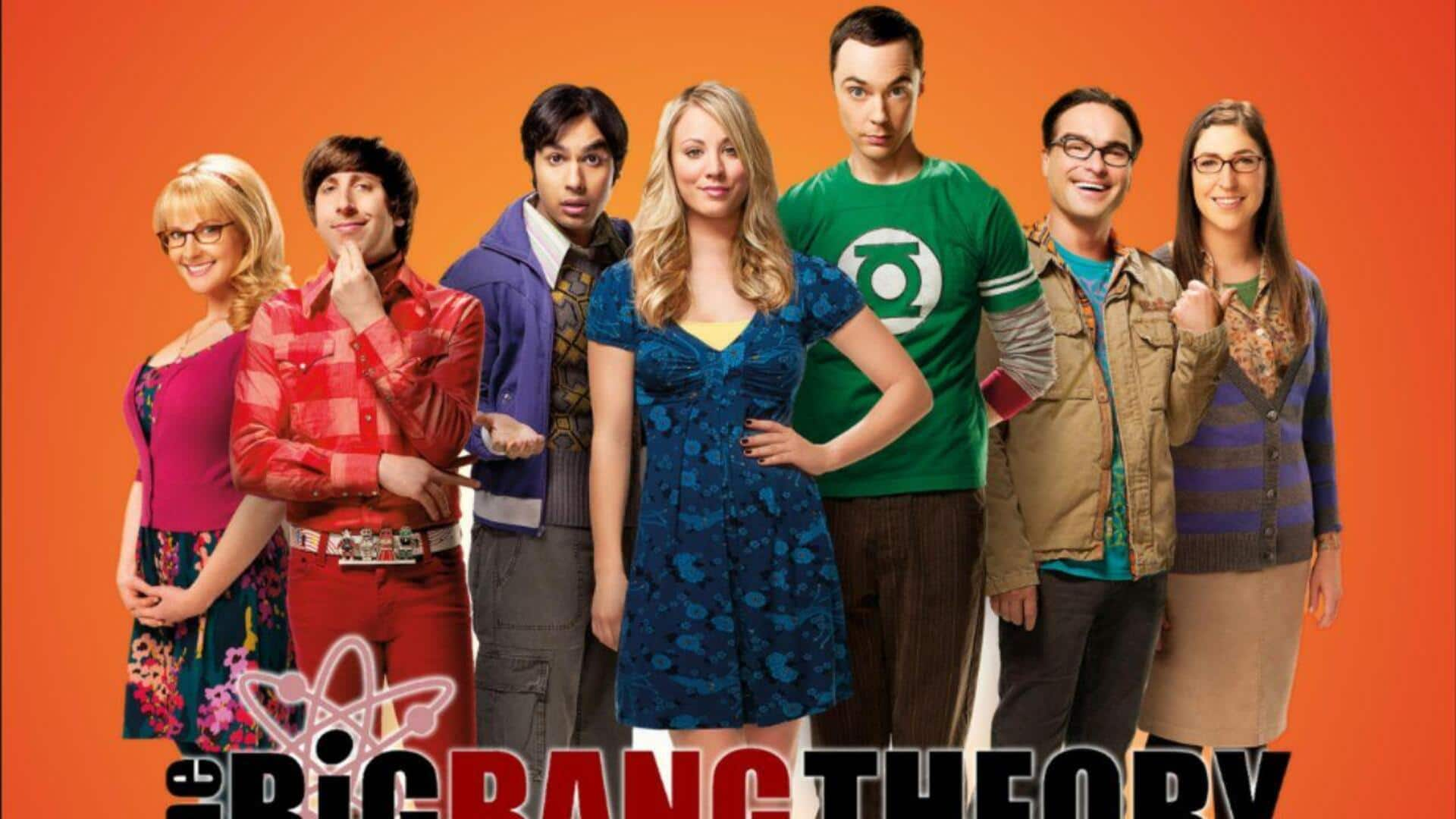
The real science behind 'The Big Bang Theory's stereotypes
What's the story
The Big Bang Theory is a popular sitcom that humorously depicts the lives of scientists. And while it has entertained millions, the show often misrepresents certain aspects of scientists' lives. The series tends to exaggerate stereotypes and overlooks the diversity and complexity of real scientific careers. Here's looking at some common misconceptions perpetuated by the show, and what life as a scientist is.
#1
Scientists are not socially awkward
One of the biggest stereotypes in The Big Bang Theory is that scientists are socially awkward/inept. In reality, a lot of scientists have amazing communication skills and are active social butterflies. They work with colleagues, present at conferences, and take part in public outreach programs. The skill to communicate well is the key to sharing research and building bridges between disciplines.
#2
Research is not always glamorous
While the show makes scientific breakthroughs seem like a common occurrence, research in real life is all about working long hours, painstakingly, without any guarantee. Many experiments involve repetition and can take years to produce something significant. Scientists have to remain calm, keep going, and be flexible when things don't go as expected or when they run into roadblocks during their research pursuits.
#3
Diverse career paths exist
In The Big Bang Theory, you see characters concentrating mostly on academia or theoretical physics. But science isn't limited to those. Scientists work in the industry (biotech, environmental consulting, etc.) Others take up science communication or policy-making jobs, where they get to influence decisions that impact society at large.
#4
Work-life balance is achievable
Unlike the image of scientists being consumed by their work around the clock like Sheldon Cooper from The Big Bang Theory, most maintain healthy work-life balances. They strike a successful balance between the two sides of their lives, professional and personal, with interests, hobbies, family commitments, etcetera. This guarantees overall well-being and satisfaction on both sides at the same time. Without sacrificing either side too much, they keep this balance throughout their careers.